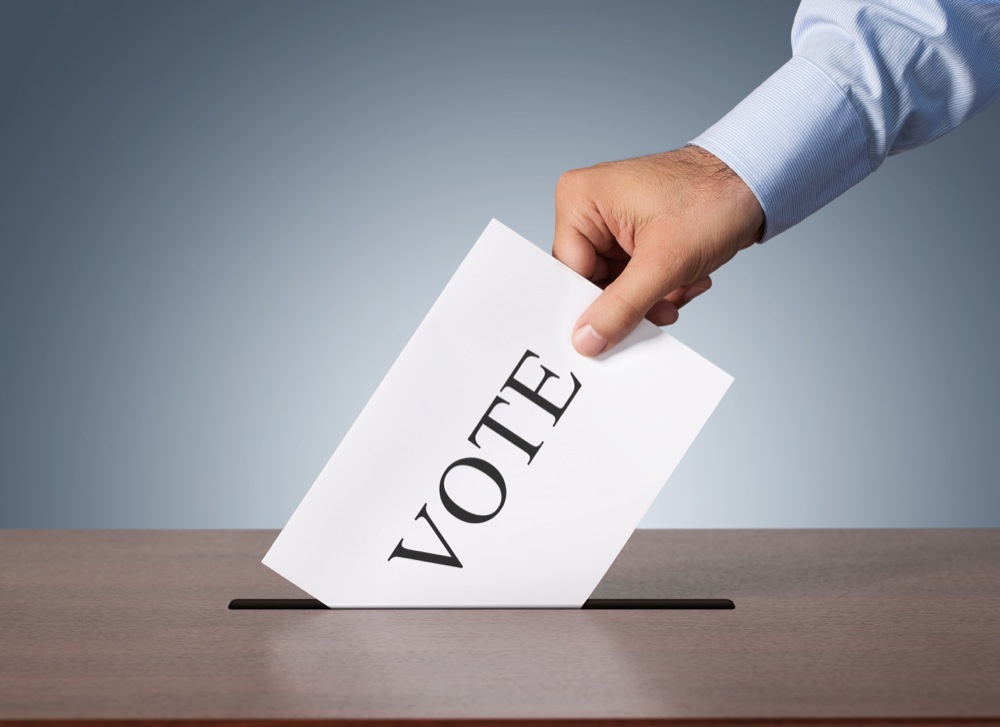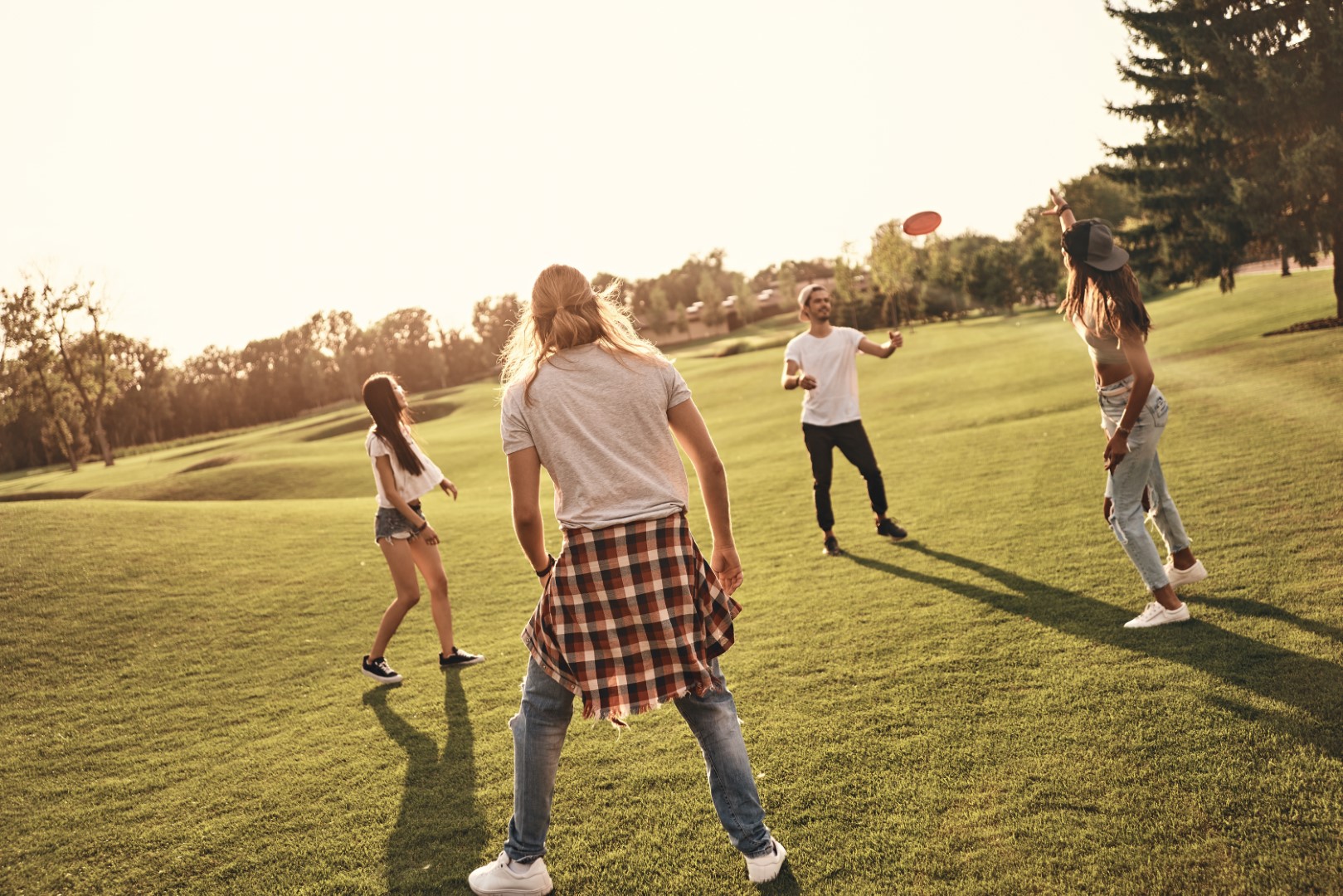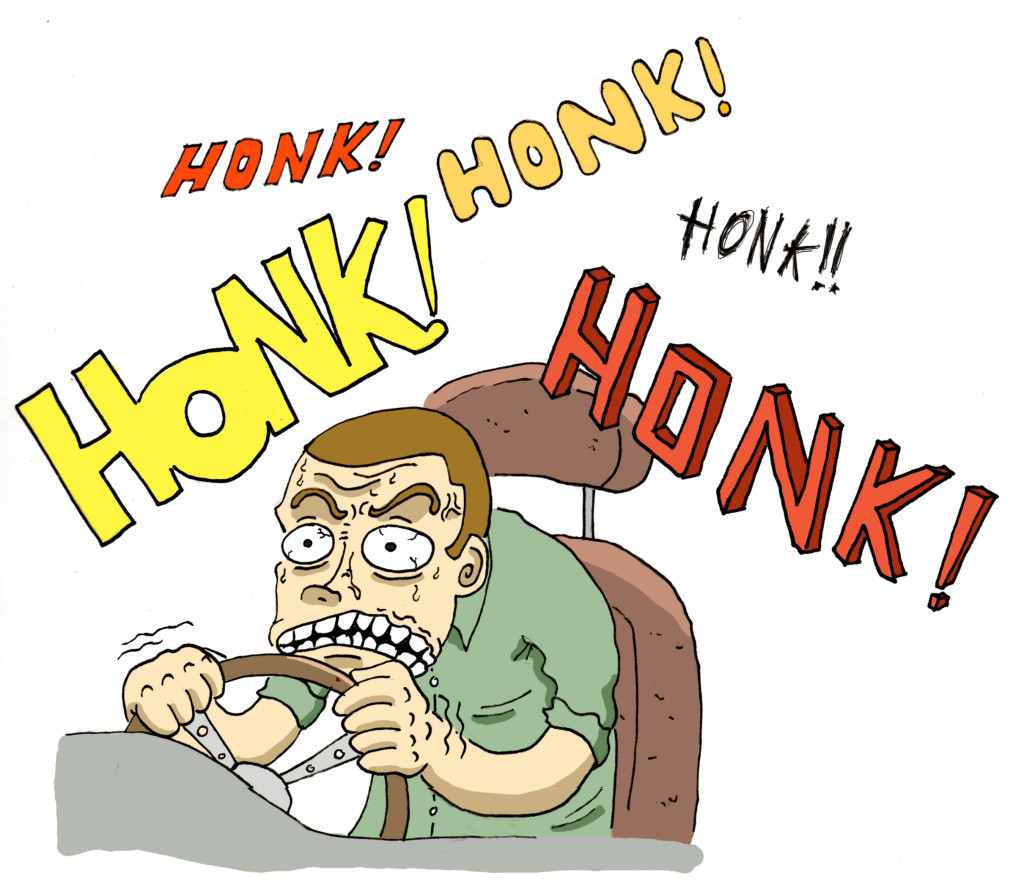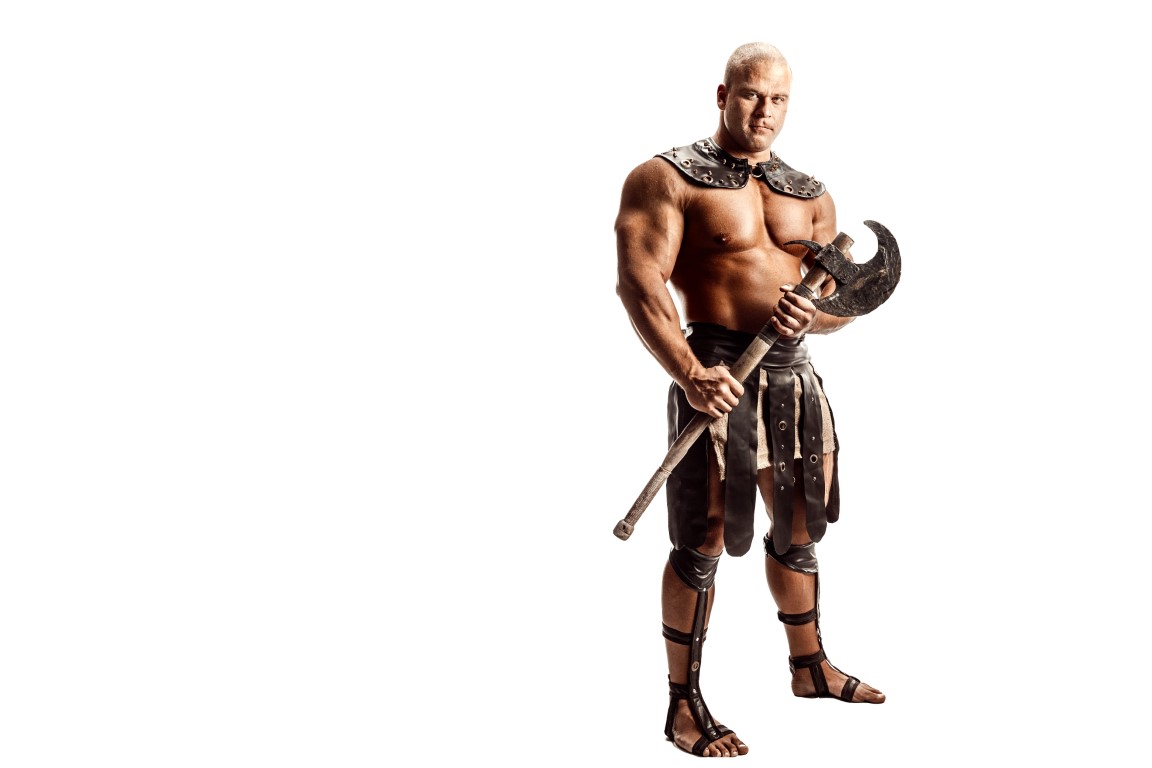
Challenges in our democracy
By Cazzy Lewchuk, Opinions Editor
We are fortunate to live in a democracy with the right to vote in fair, free elections for a candidate of our choice. Each vote has an equal value, is anonymous, and you can even choose to spoil your ballot or simply not vote. Ideally, every vote has an equal amount of power. One person, one vote, one equal share of the results, right?
Sadly, it’s not that simple. Under a first-past-the-post system, as is used in the US and Canada, some votes have a lot more meaning than others. By far, the biggest indication and circumstance is the area you live in. In some cities, or even entire provinces, a certain political party will get in, no matter what. There is and may always be a status quo of beliefs held by people in the area that are continuously reflected in political results.
My federal election riding is in Vancouver East, an area well-known for its liberal values and election results. Occasionally, Liberal MPs have been elected, but the NDP has considered the area one of its “safest” in Canada for years. The last seven MP elections all went to the NDP candidate, by a wide majority. While a conservative or outsider candidate has a theoretical chance of getting in, it’s very unlikely the status quo will be disrupted based on the beliefs of the community. The same situation exists in many areas, all around the world.
You have the right to vote for whoever you want, or to spoil your ballot, or to not vote at all. But not all democracy is direct. In Canada, we vote for members of parliament, and the leader of whichever party has the most MPs elected becomes prime minister. I supported Justin Trudeau as prime minister, but I did not vote for his party, simply because I thought the local NDP candidate would do a better job in my specific area. I also knew that it was very, very likely an NDP candidate would get in, and it didn’t really matter who I voted for. I could’ve voted for the Pirate Party (which received 188 votes in my riding in 2015) and the NDP still would’ve won in a landslide in East Vancouver.
In the US, despite the ballots directly listing presidential candidate’s names, people actually vote for members of the “electoral college,” who are supposed to vote for the candidate on the voter’s behalf (and usually do, although not always). It would seem so much easier if the candidate who gets the most votes wins, but the system is much more complicated than that. Almost every state has a winner-takes-all format, meaning a candidate who receives the majority vote wins the state. Donald Trump could win 51 per cent of the vote in Florida, but would then receive 100 per cent of the electoral votes by this system. This system led to George W. Bush winning the election over Al Gore in 2000, despite losing the popular vote by 500,000 people, due to a recount that led to him winning the state of Florida.
The US and Canada have different political systems, but both have major flaws that lead to some areas having a lot more traction than others. BC has “swing ridings” that can make significant differences in who wins provincial elections. Ontario and Quebec can make all the difference in unseating a prime minister because of their heavily centralized and populated areas. No matter where presidential candidates in the US campaign for 18 months, people in Ohio and Florida end up picking the next POTUS.
Until we significantly change how our votes are counted, some votes seem almost meaningless. It’s no wonder a lot of people abstain from voting, or feel frustrated with the whole system.


